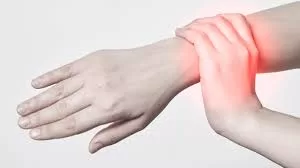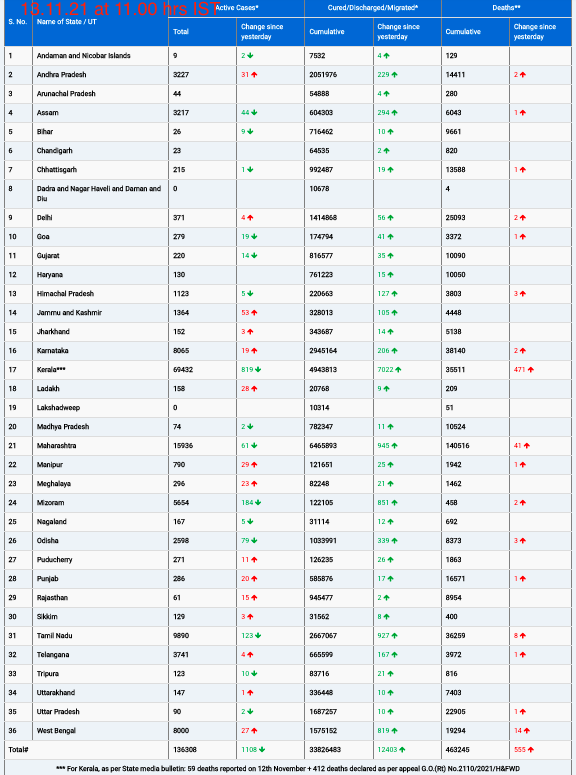
January 25, 2024 — The human papillomavirus (HPV) vaccine, long hailed as a vital tool in the fight against cervical cancer in women, is now gaining recognition for its far-reaching benefits in safeguarding men from various health risks. As we delve into the multifaceted advantages of HPV vaccination for males, it becomes evident that its impact extends beyond individual health, creating a ripple effect that contributes to overall public health.
Breaking the Chain of Transmission: HPV, classified as a sexually transmitted infection (STI), is not limited to sexual transmission. The virus can spread through non-sexual skin-to-skin contact, allowing even uninfected men to unknowingly carry and transmit it. While vaccinated men may still carry the virus, the vaccine significantly reduces their viral load, lowering the risk of transmission to their partners. This indirect effect contributes to a decrease in cervical cancer incidence, breaking the chain of transmission.
Shielding Males from Cancers: The protective scope of the HPV vaccine goes beyond cervical cancer, providing a shield against two potentially life-threatening diseases: oropharyngeal cancer (throat cancer) and penile cancer. HPV strains 16 and 18, targeted by the vaccine, are implicated in approximately 70% of oropharyngeal cancers and 40% of penile cancers. By proactively getting vaccinated, men can substantially reduce their risk of developing these aggressive cancers, offering a robust layer of protection.
Warts: Genital warts, while not life-threatening, can cause discomfort and embarrassment. These warts are also caused by certain HPV strains covered by the vaccine. Vaccination reduces the chances of contracting these unsightly growths, providing peace of mind and eliminating a potential source of self-consciousness.
The benefits of HPV vaccination for males extend beyond individual well-being. By decreasing the overall prevalence of HPV in the population, a domino effect is created: a reduction in cervical cancer cases in women, a lighter burden on healthcare systems, and the promotion of sexual health for everyone.
HPV vaccination for males is not merely an option; it is a crucial public health intervention. The Centers for Disease Control and Prevention (CDC) recommends routine HPV vaccination for all boys and girls starting at age 11 or 12. Even young men who missed out on early vaccination can catch up later, with the CDC recommending vaccination through age 26.
While the significance of protecting women from cervical cancer through HPV vaccination is well-established, it is time to acknowledge the comprehensive benefits this vaccine offers for males. By empowering men with knowledge and access to HPV vaccination, we can collectively build a healthier future for everyone—both individually and as a community.











